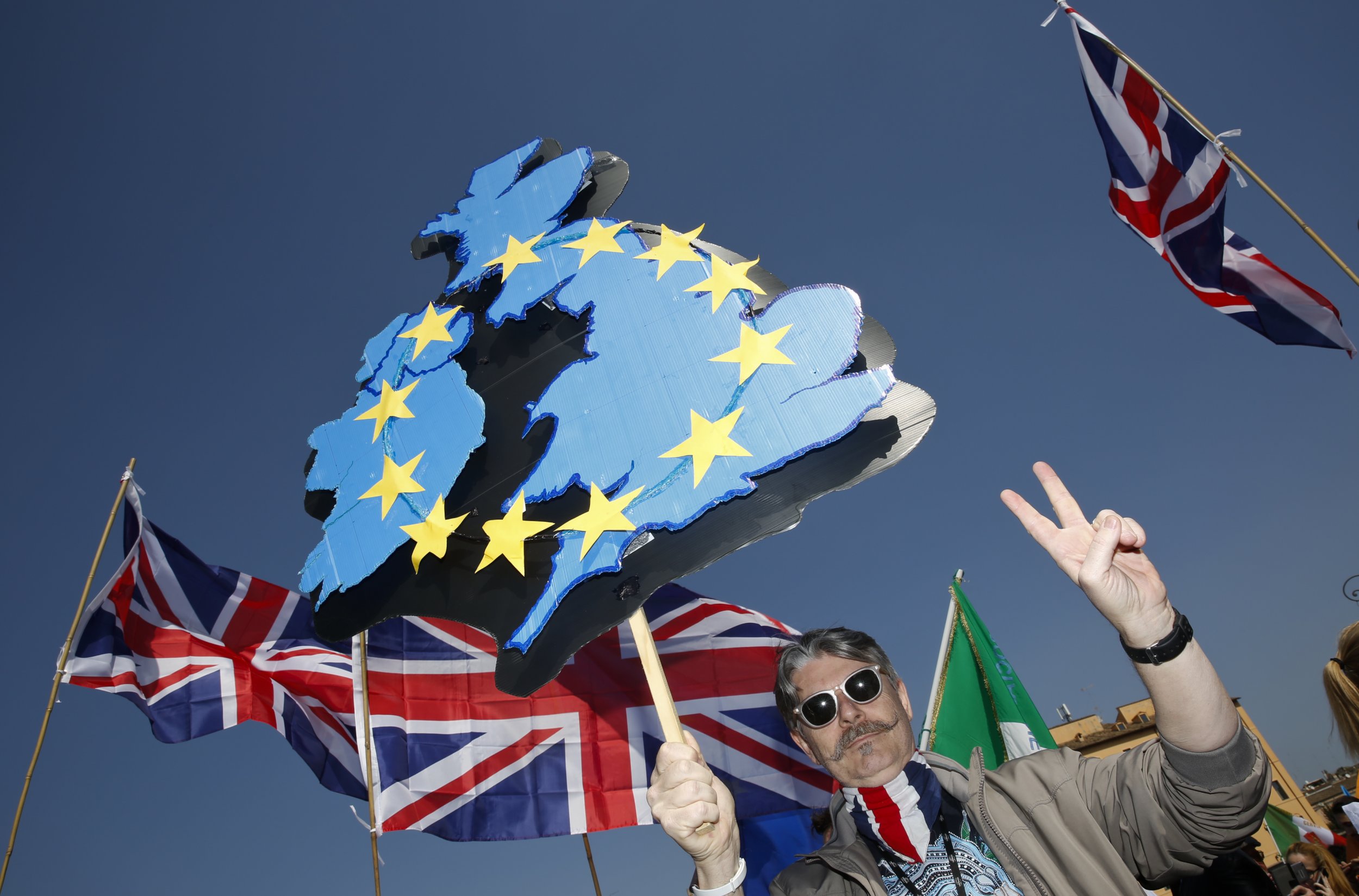
It's a puzzle that has provided joke fodder for right-wingers and puzzled righteous leftists for generations: Why do middle-class people so often seem more interested in activism than the working-class folk who stand to benefit most from it?
Now, a paper published in the Economic Journal not only makes the case that this class-based trend exists across a range of countries and time periods, but seeks to explain it, arguing that "it is political pessimism that prevents the poor from participating, while the middle classes are more optimistic about the potential future after a change of regime."
Authors Heng Chen and Wing Suen of the University of Hong Kong analyzed political participation data from the third, fourth and fifth waves of the World Values Survey, which cover 78 countries from 1994 to 2007.
"The data suggest that the lower and upper classes are indeed significantly less likely to participate in demonstrations against governments than those in the middle social strata," a statement promoting the paper said.
Having established this, the authors argue the data prove three key points.
First, that "the poorer are the respondents to the World Values Survey, the more likely they are to be politically pessimistic."
Second, they say, "the data reveal that people who hold more pessimistic views about real changes in politics are less likely to participate in mass political action." The authors found that while over 20 percent of the least pessimistic respondents had participated in a demonstration against a government, fewer than 10 percent of the most pessimistic had.
Finally, the statement says, "the evidence indicates that poor people do not have sufficient knowledge about their actual status in society and tend to believe that they are closer to the median than they actually are."
"As a result, the poor wrongly believe that many more people would be as pessimistic as they are, which further prevents them from taking action."
How to change this? The authors comment: "The other side of the coin of our findings is that new information about how the world operates may change the pessimistic beliefs of the underclass and spur them into action."
"It seems that the very same point has been understood well by the successful campaigner Donald Trump."
Uncommon Knowledge
Newsweek is committed to challenging conventional wisdom and finding connections in the search for common ground.
Newsweek is committed to challenging conventional wisdom and finding connections in the search for common ground.
About the writer
Josh is a staff writer covering Europe, including politics, policy, immigration and more.
To read how Newsweek uses AI as a newsroom tool, Click here.








